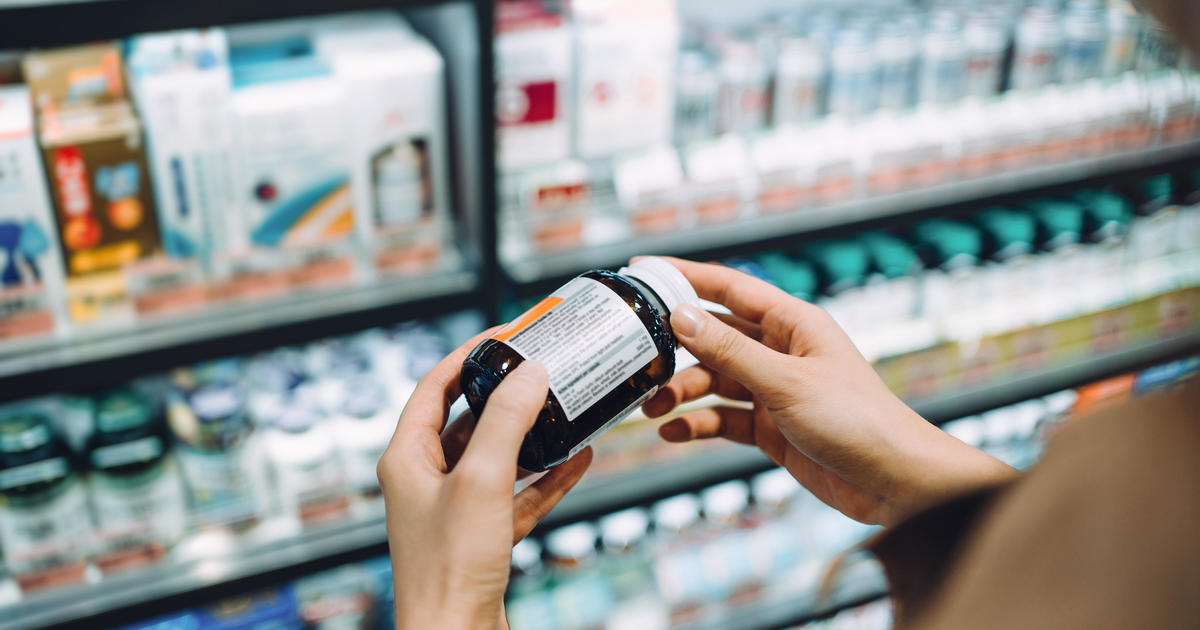
What U.S. consumers should know about the health supplement linked to 5 deaths in Japan

The recall of red yeast products linked to at least five deaths in Japan may have Americans questioning the safety of a range of dietary supplements containing the ingredient and readily found online and in stores.
Billed as a natural means of lowering cholesterol, the products recalled by Kobayashi Pharmaceutical Co. contain benikoji, an ingredient derived from a species of mold.
At a news conference on Friday, the company said it had found a chemical compound — puberulic acid — in the recalled products, and is looking into whether the substance might be linked to the fatalities, the Japan Times newspaper reported. Kobayashi also said its products were exported to other countries, including China and Taiwan.
heartburn drug Zantec. He noted that supply chains for health and dietary supplements are similar to those for prescription drugs, with products manufactured in one country and then shipped to many geographic markets.
According to Kobayashi’s website, the company is working to increase sales of six brands including OTC pharmaceuticals in the U.S., China and Southeast Asia. Its U.S. subsidiary, Kobayashi Healthcare in Dalton, Ga., did not immediately return requests for comment.
“There is a place for supplements, but it’s a buyer beware situation,” said Dr. Tod Cooperman, president and founder of ConsumerLab.com, which tests supplements to determine their contents.
The Food and Drug Administration did not immediately respond to requests for comment.
When made properly, yeast grown on rice produces various compounds, including lovastatin, which is known to lower cholesterol, the physician said. “But if something goes wrong in production, you instead get citrinin,” a chemical linked to kidney toxicity in animals, Cooperman said.
Many people purchase dietary supplements and herbal medicines online or over the counter, assuming they are regulated like drugs. But the FDA does not verify supplements’ listed ingredients, and while federal law requires pharmaceuticals to meet specific standards, the rules are less stringent when it comes to supplements.
Studies find some probiotics can be harmful to gut health
05:47
ConsumerLab.com last tested red yeast rice supplements in 2022, finding citrinin in 30% of the products tested, Cooperman said.
“One had 65 times the limit set in Europe,” he added, noting that the U.S. has not set a limit on the chemical.
Since lovastatin is classified as a drug, it is often left out as an ingredient by supplement makers looking to avoid the additional regulatory scrutiny.
When red yeast supplements became available in the U.S. more than two decades ago, they offered a less expensive option to prescription statins that were available over the counter. But it is difficult for consumers to verify a supplement’s ingredients, or determine if a product contains unlisted substances.
Consumers would be “better off going to a doctor and using a prescription cholesterol lower-er because there is more certainty as to what you’re getting,” Cooperman said. “[S]ome of the older statins are generic now, so it’s probably less expensive and safer to be buying a generic statin at this point.”
Meanwhile, he urges caution in taking supplements.
“There are a lot of brands out there that are more fly-by-night,” Cooperman said, “Our focus is on trying to find the best products. We’re finding one out of five products fail.”
Kate Gibson
Source: cbsnews.com